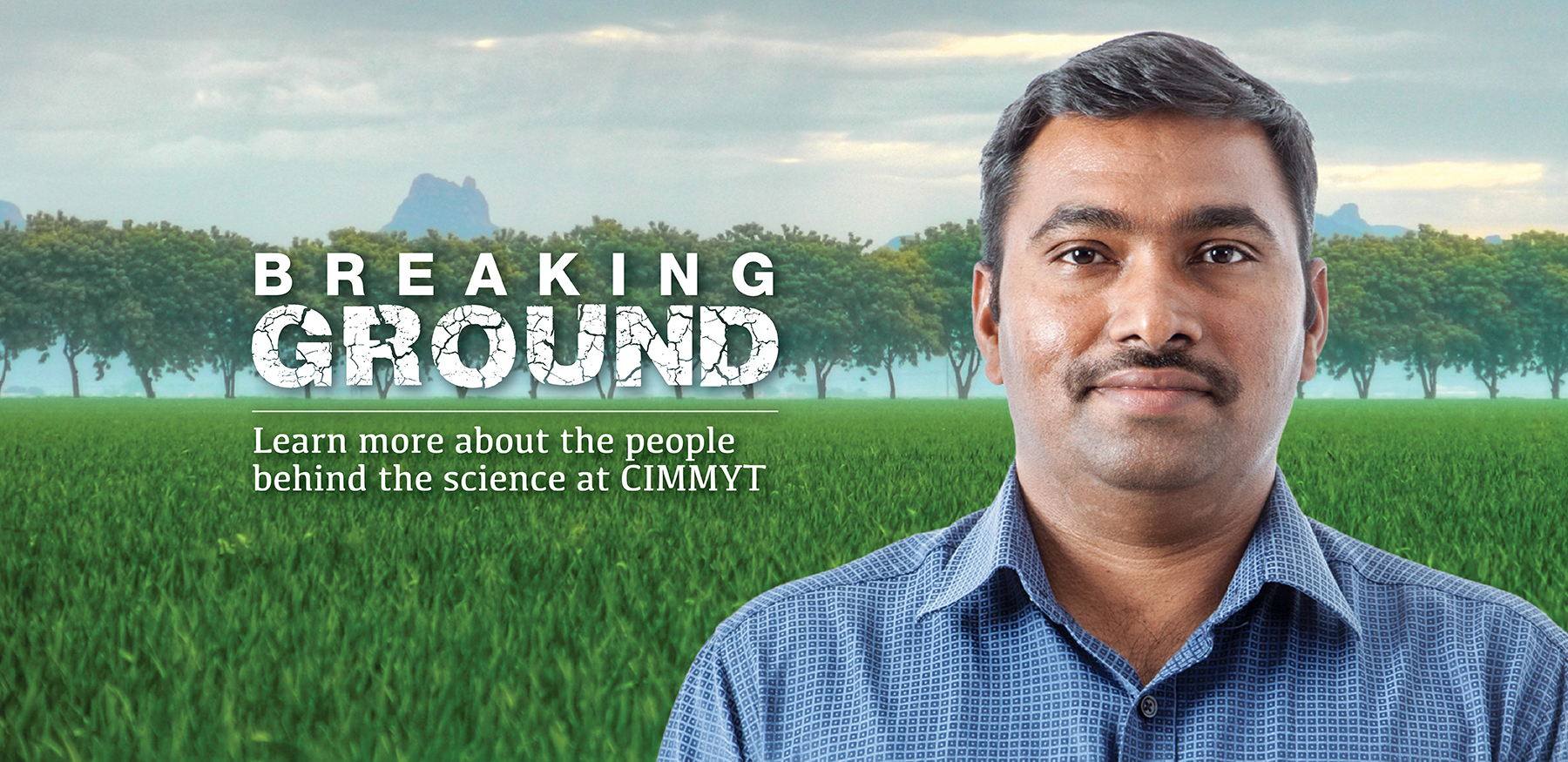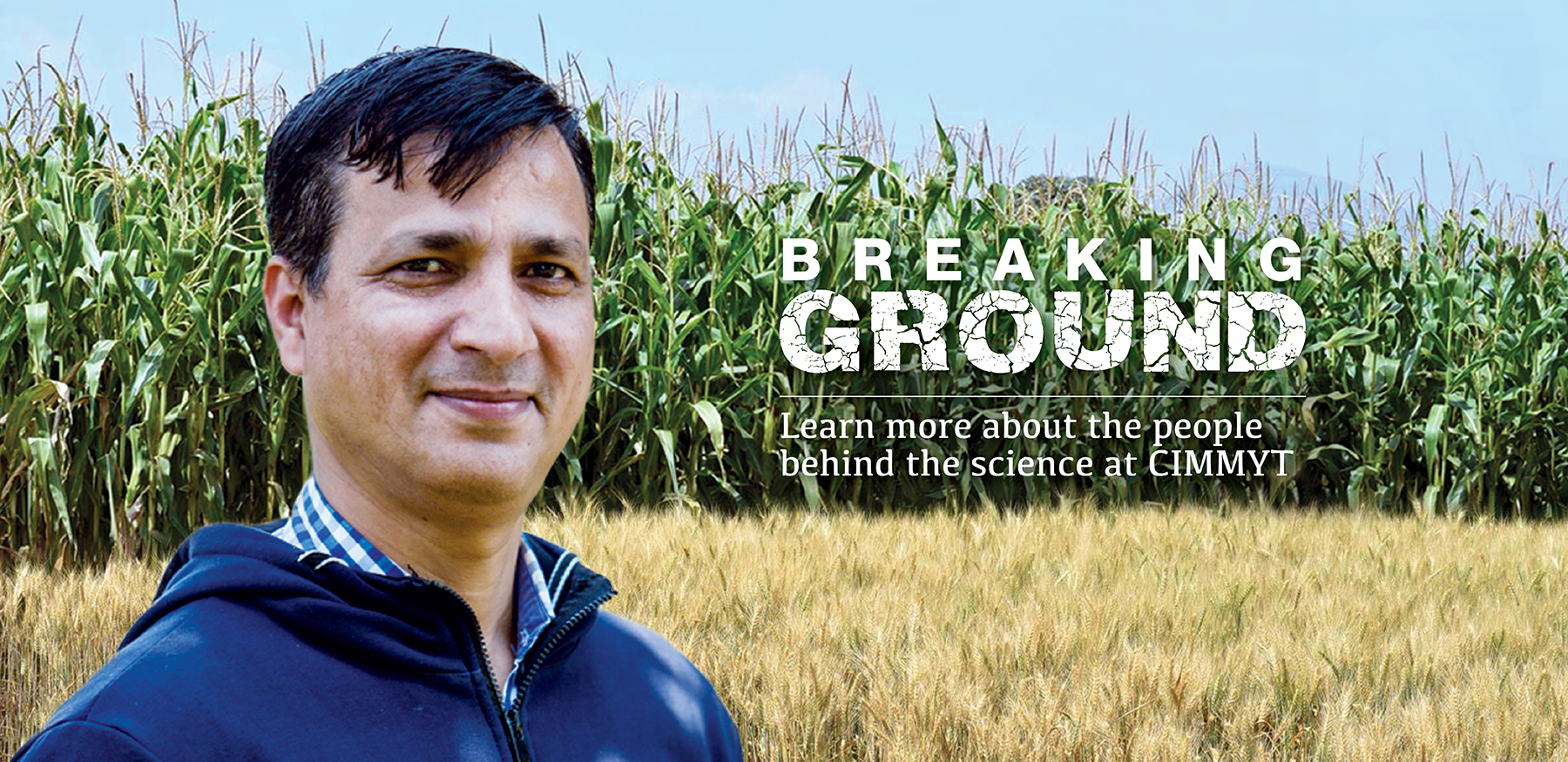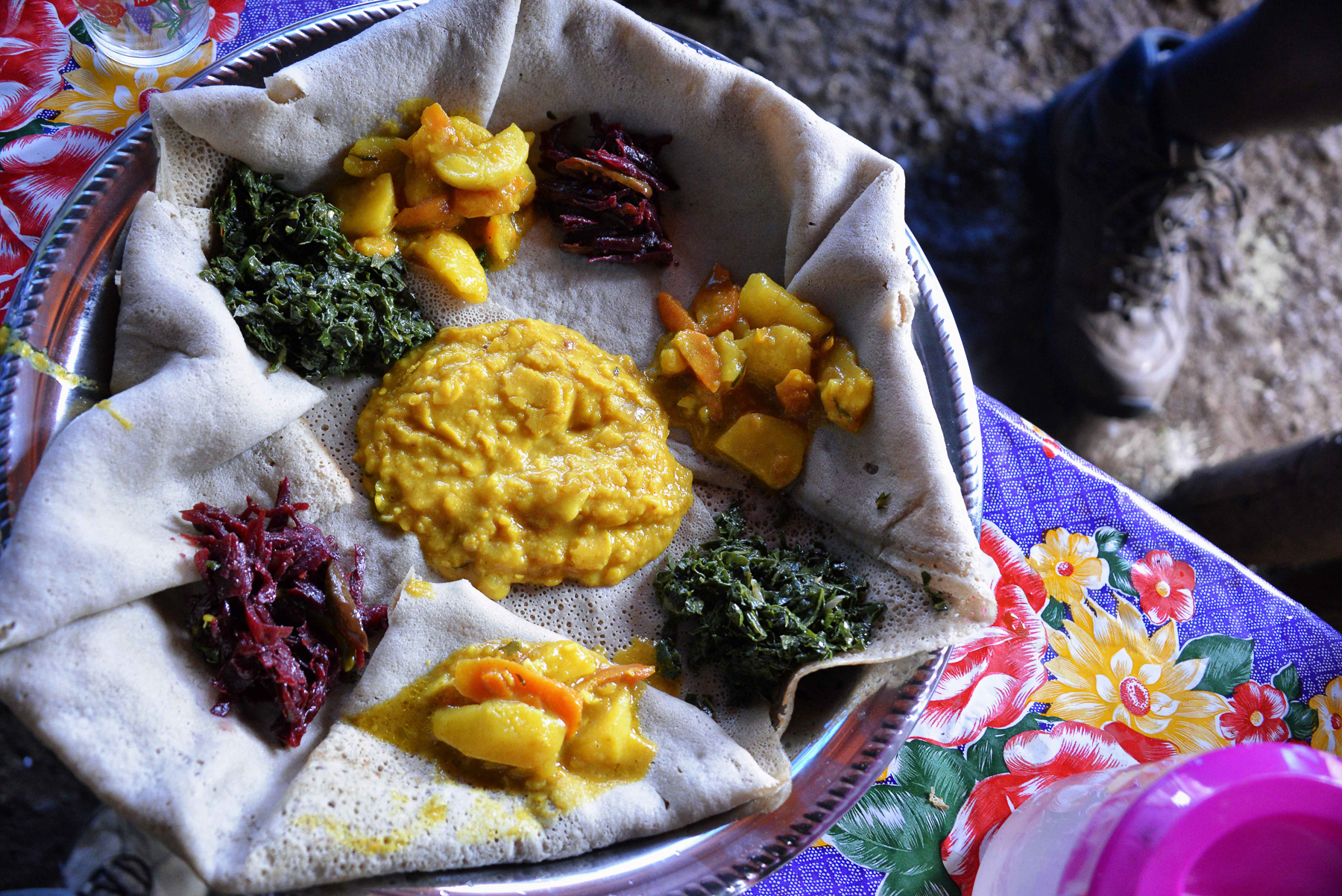Lara Roeven completed her undergraduate degree in social sciences at the University of Amsterdam in the Netherlands, where she focused primarily on political science in a program that combined this with the study of psychology, law and economics. “I liked it a lot because it gave me an interdisciplinary look at how social injustice manifests itself.”
Having worked on gender and social inclusion issues in the past, she had already heard of CGIAR and its research portfolio, but it was the interdisciplinarity of CIMMYT’s approach that prompted her to apply to the organization at the end of a study abroad program in Mexico. “I had a strong interest in agriculture and I’d always wanted to look at how gender and social inclusion issues affect women and marginalized groups within the context of rural, environmental or climate change, so this role seemed like a good fit.”
Since joining CIMMYT’s Gender and Social Inclusion research unit in January 2019, Roeven has been part of a team of researchers analyzing the ways in which gender norms and agency influence the ability of men, women and young people to learn about, access and adopt innovations in agriculture and natural resource management.
So far, Roeven has mainly been supporting data analysis and helping to produce literature reviews. She has contributed to a number of studies simultaneously over the past year, from the feminization of agriculture in India to changing gender norms in Tanzania. “It’s very interesting because you learn the particularities of many different countries, and the extent to which gender norms can differ and really influence people’s opportunities.”
Searching for nuance
A lot of research follows a similar pattern in highlighting the relationship between women’s work and empowerment, but realities on the ground are often more nuanced. In India, for example, well-established social structures add another layer of complexity to gender dynamics. “What I found interesting when we started looking into the ways in which gender and caste interrelate was that nothing is straightforward.”
Women from higher castes can actually be more isolated than women from lower ones, she explains, for whom it can be more accepted to pursue paid work outside of the home. However, lower-caste women also frequently experience high levels of poverty and vulnerability and face social exclusion in other realms of life.
“These dynamics are actually a lot more complicated than we usually think. And that’s why it’s so interesting to do this kind of comparative research where you can see how these issues manifest themselves in different areas, and what researchers or development practitioners working at ground level have to take into account in order to address the issues these women face.”
Eventually, Roeven hopes to pursue a PhD and a career in academia, but for the time being she’s enjoying working on research that has so much potential for impact. “There are many studies showing that gender gaps need to be closed in order to increase food security and eliminate hunger,” she says. “I feel like many interventions, extension services or trainings don’t always have the desired effect because they do not effectively reach women farmers or young people. Certain people are continuously left out.”
Conducting this kind of research is a crucial step in working towards empowering women across the world, and Roeven would like to see more researchers incorporating this into their work, and really taking on gender as a relational concept. “We can keep on conducting research within the Gender and Social Inclusion research unit, but it would be interesting if our approaches could be mainstreamed in other disciplinary areas as well.”
Though it might not be easy, Roeven emphasizes that it is necessary in order to have an impact and prevent innovations from exacerbating gender and social inequality. “Besides,” she adds, “I think it’s great when research has a social relevance.”

 Innovations
Innovations 
